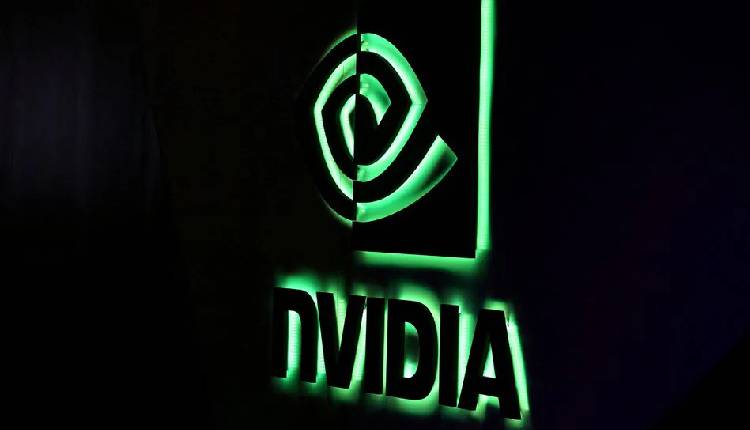Nvidia initiated pre-orders for a new AI chip tailored for China, with distributors setting its price to match a competing product from Huawei, Reuters quoted sources as saying on Thursday.
Nvidia has been developing the H20, the most potent of the three graphics cards, for the Chinese market, following the United States’ broadened restrictions on high-end chip exports.
These restrictions aim to limit China’s capacity to develop AI and advanced military computers.
However, the H20 will inherently offer less computational power than Nvidia’s premier H100 AI chip and the H800, another China-specific card banned in October.
The H20’s specifications suggest it is less powerful than Huawei’s Ascend 910B in certain critical aspects, as per three sources who chose to remain anonymous.
Recently, Nvidia has set the price range for H20 orders from Chinese distributors between $12,000 and $15,000 per card, two sources reported.
One source noted that some distributors have begun marketing the chips at a significant markup, around 110,000 yuan ($15,320), compared to the lower end of that range.
Huawei’s 910B is currently on the market for about 120,000 yuan, while distributors are selling H20 servers, equipped with 8 AI chips, for 1.4 million yuan, which is less than the launch price of 2 million yuan for servers with 8 H800 chips a year ago.
Distributors plan to start delivering small quantities of H20 products in the first quarter of 2024 and increase the volume from the second quarter onward.
Before the U.S. restrictions, Nvidia held over 90 per cent of China’s AI chip market. Now, it is facing growing competition from local competitors, especially Huawei.
Huawei’s 910B chip is now seen as the most competitive AI product in China, and its popularity is rising due to fears of further limitations on access to Nvidia’s products due to U.S. sanctions.
The H20 chip seems to fall behind the 910B in FP32 performance, a key metric for processing speed.
However, it has a faster interconnect speed, making it competitive in systems that need many linked chips.
Nvidia plans to start mass-producing the H20 in the second quarter of this year after a delay from its original launch date last November due to integration issues.
Nvidia also intends to introduce two other chips specific to China, the L20 and L2, but their rollout status is unclear.
Highlighting the importance of the Chinese market, Nvidia’s CEO, Jensen Huang, visited the company’s offices in Shenzhen, Shanghai, and Beijing last month.


